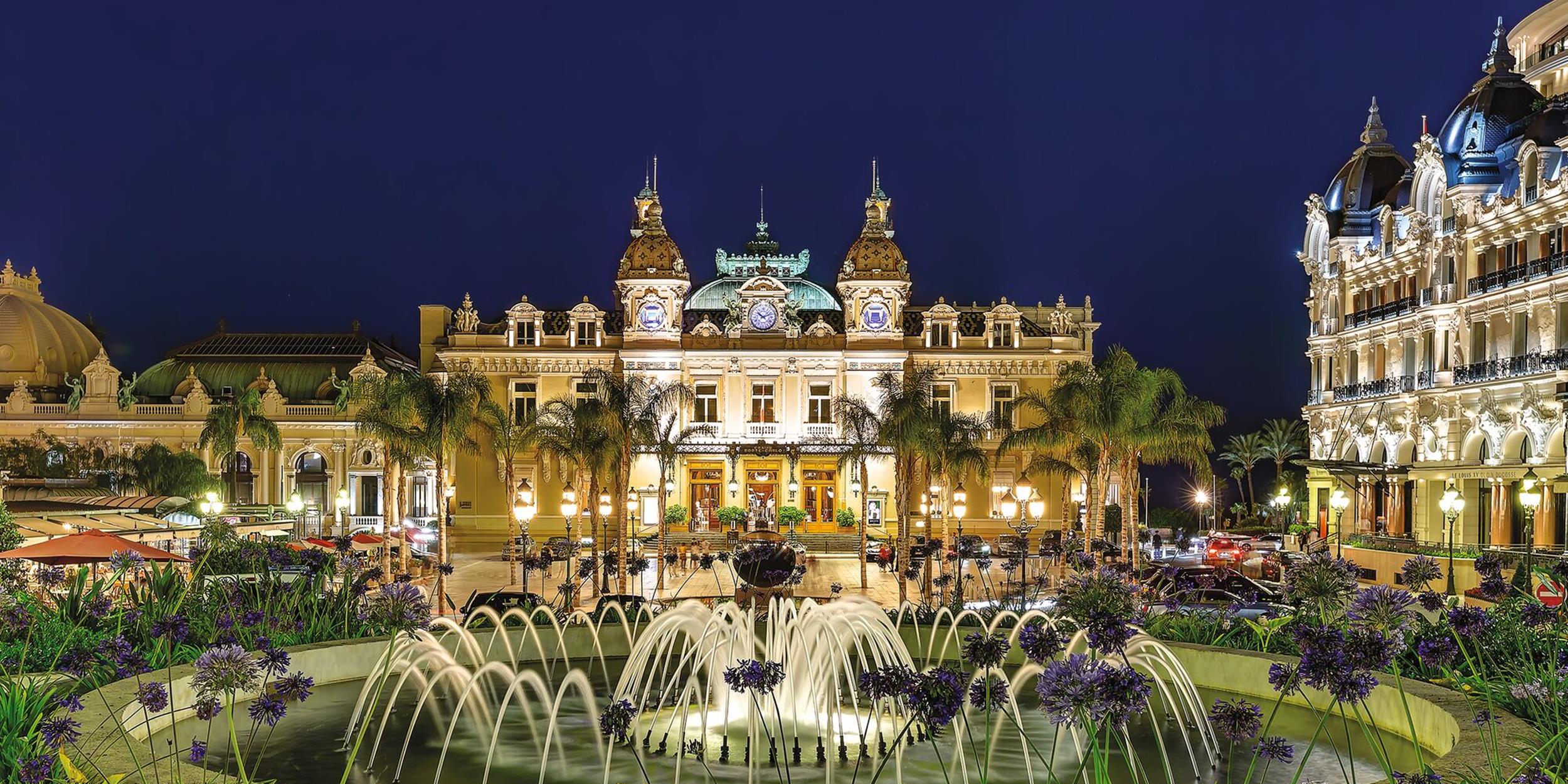How Gaming Experiences Reflect the Human Experience

Casino entertainment have long been a staple in human culture, providing not just entertainment but a intriguing reflection of our hopes, ambitions, and concerns. From the spinning reels of a slot machine to the skill-based strategies of poker, these games represent a spectrum of human sentiments and incidents. At their core, casino games are not just a chance to win money; they are a microcosm of life itself, where risk versus reward intertwine and fortunes can change in an moment.
As players convene around tables or sit in front of brightly lit machines, they take part in a ceremony that transcends mere betting. These games echo our innate desires for connection, thrill, and the quest for chance. They also reveal deeper truths about human behavior, such as our relationship with fate and the adrenaline of uncertainty. In exploring casino games, we reveal not only the rules of play but also the complex weave of the human story, showcasing our intertwining narratives of hope and reality.
The Mind Behind Gambling
Gambling is deeply rooted in the psyche of individuals, appealing to various feelings and desires. The thrill of risk-taking is a fundamental aspect that attracts participants, be it it’s excitement of spinning a roulette wheel or the excitement of drawing a winning hand in poker. This rush of adrenaline is frequently likened to other forms of thrill, as the unpredictability of outcomes triggers a distinct psychological response. Players often become captivated by the chance of winning big, leading to an irresistible draw toward gambling games.
Additionally, an essential component of the psychology behind gambling is the concept of optimism and aspiration. Players often nourish dreams of financial freedom and the luxurious lifestyle that can accompany winning. This optimism fuels their ongoing participation in casino games, as it provides a sense of purpose and the belief that a life-changing win could be just one wager away. The story of overcoming odds and achieving success resonates with many, strengthening their commitment to play and engage with these games.
Lastly, social dynamics play a crucial role in gambling psychology. Gambling venues are designed to foster social interaction, where gamblers gather to share the experience of wins and losses. This shared aspect not only enhances enjoyment but also affects behavior, as individuals often mimic the actions of others in their vicinity. The collective approval found in mutual thrill can enhance the emotional experience, making casino games a reflection of not just personal desires but also collective engagement within the gambling community.
### Risk and Reward: A Double-Edged Sword
Gambling activities embody the delicate balance between risk and gain that resonates deeply with human psychology. The rush of placing a bet is often accompanied by a surge of excitement, as participants are confronted with the possibility of winning big, yet cognizant of the risk to lose. This bipartisan experience reflects a essential aspect of life: the paths we choose often come with built-in risks, and the pursuit of reward can drive us to make risky moves we might not typically consider. In this way, casino games echo real-world decisions, enticing players to risk not just their money, but also their dreams.
The allure of jackpot prizes and payouts fuels a feeling of positivity, motivating players to envision a brighter future that could emerge from a fortunate turn of the wheel or flip of a card. This hope can motivate individuals to engage in riskier behaviors, pushing them to extend their limits in search of financial gain. However, just as in life, the outcomes of these decisions can lead to both triumph and despair. The stories of both big winners and those who have suffered everything at the tables demonstrate the chaotic nature of luck and its impactful effect on our existence.
Ultimately, the experience of engaging with gambling activities serves as a strong reminder of the human condition. Every game played is loaded with the tension of risk, as players weigh the gains against the risks. This interaction not only highlights the excitement that comes with gambling but also reveals the vulnerabilities that come with the urge for more. As we navigate the challenges of choice and results in both the gambling world and in life, we find that the search for benefit shapes our identities and lives in profound ways. https://crisiscare.uk.com/
Society and Isolation in Gambling Environment
Gambling environment is a special blend of social interaction and individual pursuit, reflecting the dualities of individual experience. Gamblers often come together around games, sharing in the thrill of the game, rejoicing in wins, and commiserating over losses. This communal aspect is crucial, as it creates a sense of belonging and camaraderie among varied groups of people. Regular attendees to casinos may build friendships and develop routines, turning the gambling venue into a alternative home where they experience connected to a greater community of gamblers.
However, the allure of gambling activities can also lead to loneliness. As players become engrossed in the thrill of gambling, they may withdraw from personal connections or fail to interact with the environment outside the casino. For some, the pursuit of a jackpot can overshadow real relationships, leading to isolation. The experience of being surrounded others yet feeling solitary is not rare, as the focus shifts from collective fun to the individual stakes of each player’s journey.
This interaction of community and solitude creates a vivid mosaic that defines gaming atmosphere. It highlights the intricacy of social interactions, where joy and sorrow coexist. Casinos serve as both a refuge for social interaction and a stage for individual challenges, demonstrating how deeply connected our yearning for connection and the individual quest for fortune can be. In navigating this landscape, gamblers confront their own narratives—seeking both the rush of the wager and the companionship of other gamblers, eventually reflecting the broader spectrum of individual experience.